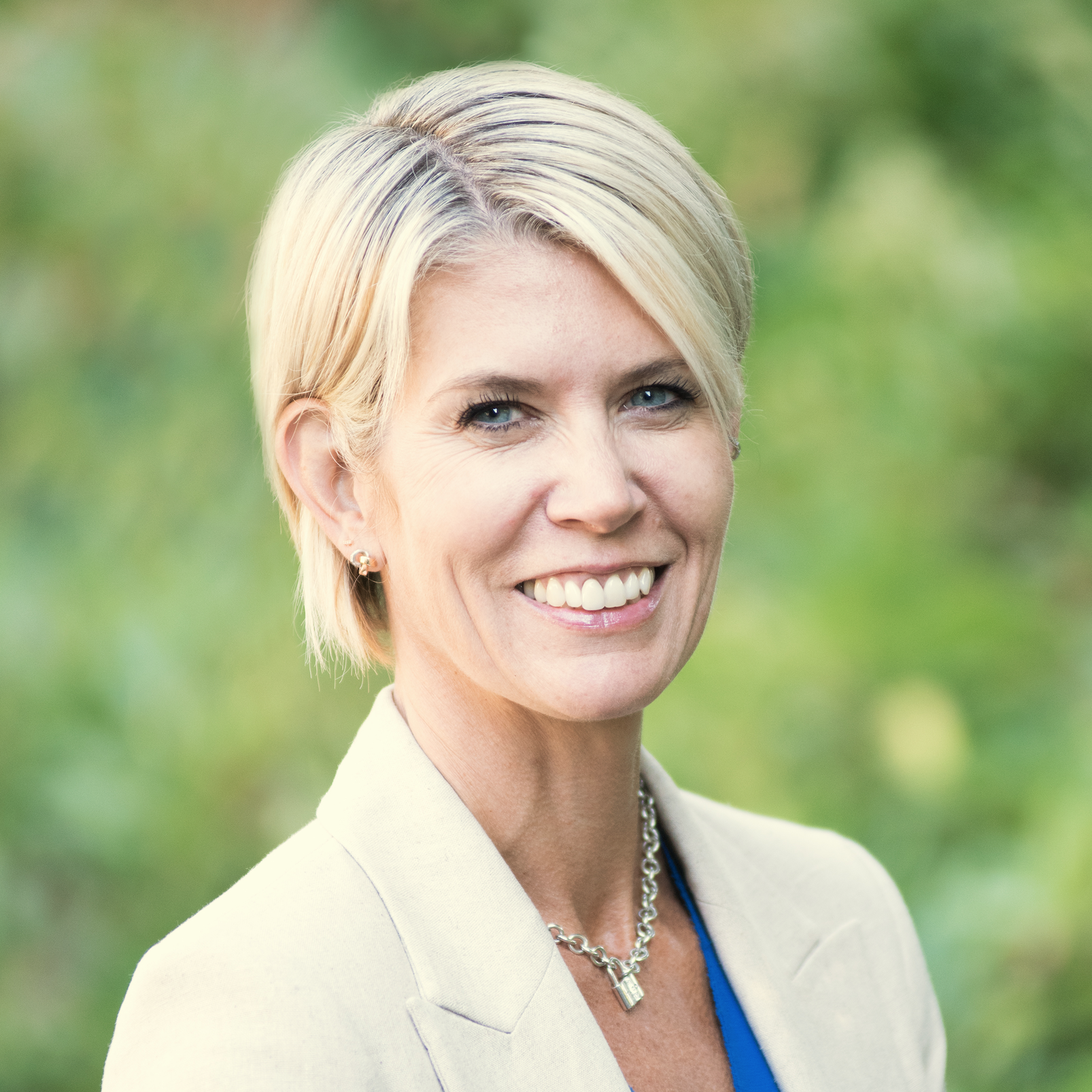
Mueller and Vick's article (2017) made me think about the need to delve into more research related to IEP implementation. The landscape of IEP development doesn’t have to be wild and unwieldy. Get provoked by checking out my top 10 IEP musings.
- Do we have team collaboration (true collaboration, not co-blaboration)?
- Is there authentic administrative support?
- Are we constructing competence for all students with diverse abilities and disabilities?
- Are we building responsive, yet flexible support plans and teams?
- Are we using age-appropriate materials? (Just saying that any way you to try to sell it - teenages doing Dora the Explorer puzzles is just not cool in secondary schools.)
- Who is reading the IEP and who is talking about the IEP?
- Where does the IEP live? (Please don't say in the files, subsitute binders or with term report cards.)
- How do we build system capacity so that IEP implementation is shared?
- Are the goals we are writing achievable within the school context
- Which sandbox are we playing in?
- How do we measure success? - Where is the voice of the student in the IEP?
I am intentionally poking the bear with the statements above. IEPs are not the silver bullet, nor are our provincial special needs designations or the magical appearance of a full-time Education Assistant to Velcro-wrap around a student with diverse abilities or disabilities. Over the years, I have been part too many conversations where the map laid out is one of A+B+C=problem solved, or the map laid out is one that centers around exclusion and harsh statements about who a child may or may not be. “He is a biter”... “She is a runner”... “He is violent”... “She's off in her own world”... are unhelpful commentaries that distract and close doors to creative future thinking about how to best support all of our learners.
IEPs are at the heart of special education planning but interestingly I see many IEPs that I have difficulty following. They are frequently language-heavy, overly technical and driven by data-tracking practices that are cannot reasonably be sustained in the classroom context.
This becomes even more complicated in the large secondary school context where students are engaged with multiple teachers. While these students may have access to the generalized curriculum, their participation and involvement too frequently relies on the EA who is assigned to support them. As a result, these IEPs begin to live primarily in the hands of the caring LST case managers who do their best to weave together educational programming and to connect with the many secondary teachers. The role of the Learning Support Teacher (LST) has become immense in our public school system as they are expected to build educational programs, liaise with parents and home teams, advocate for their students, alongside of actively organizing and managing complex EA scheduling. It is no big surprise that we have a shortage of qualified LSTs in our system, their job has become beyond unwieldy. We need to think differently about how we create meaningful educational plans that are accessible, authentic and impactful.
While my response may seem somewhat heated, I am actively pushing through these spicy and exciting conversations with fellow educators. This is landscape is one that I am privileged to professionally live in. I am really excited about the direction we are moving in, I am fueled with hope and optimism. This past week I read two of the best IEPs that I have ever seen. Ironically, they resulted from two explosive behavioural incidents, where the emotional index was sky high. Writing high quality IEPs is equal part science and art. We also need to remember that "the IEP is not the student's entire educational program but rather a road map containing the most important stops along the way to the final destination of learning and inclusion." (Jorgensen, C., 2018, p. 78). IEP writing asks for technical expertise alongside of a compassionate heart and mind. Sometimes you need to bravely poke the bear to push into establishing equitable learning plans and experieces for all our students.



